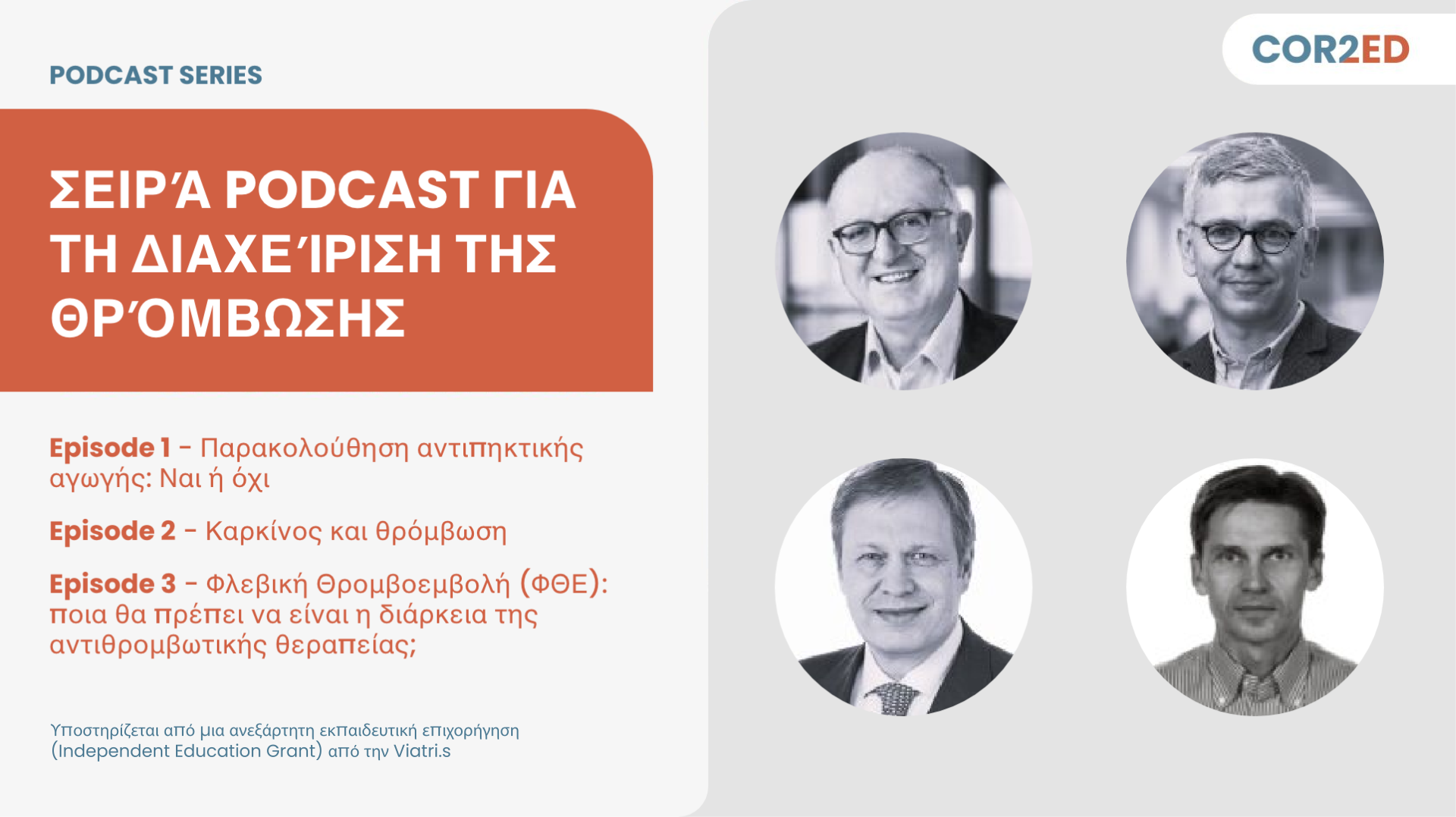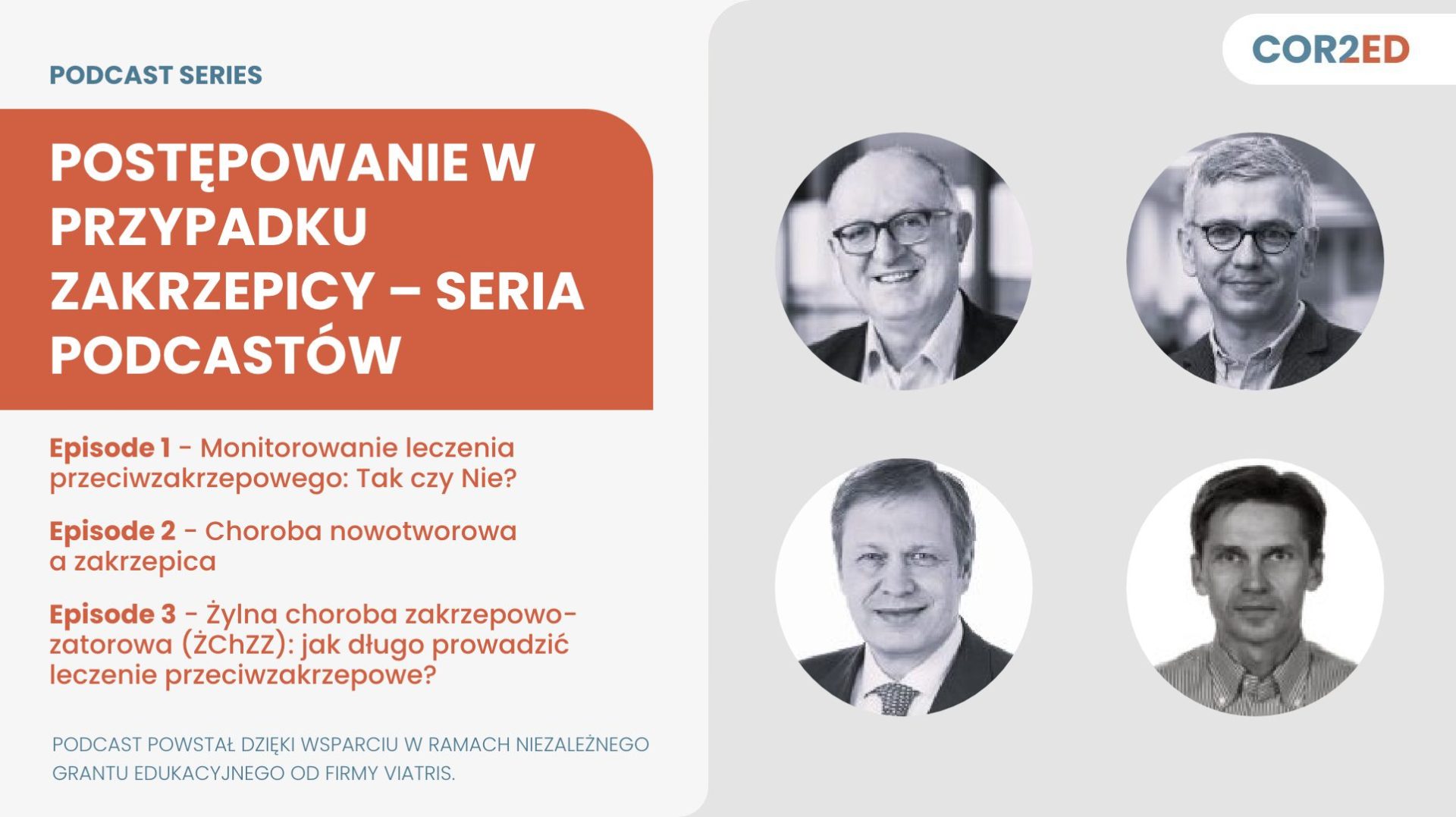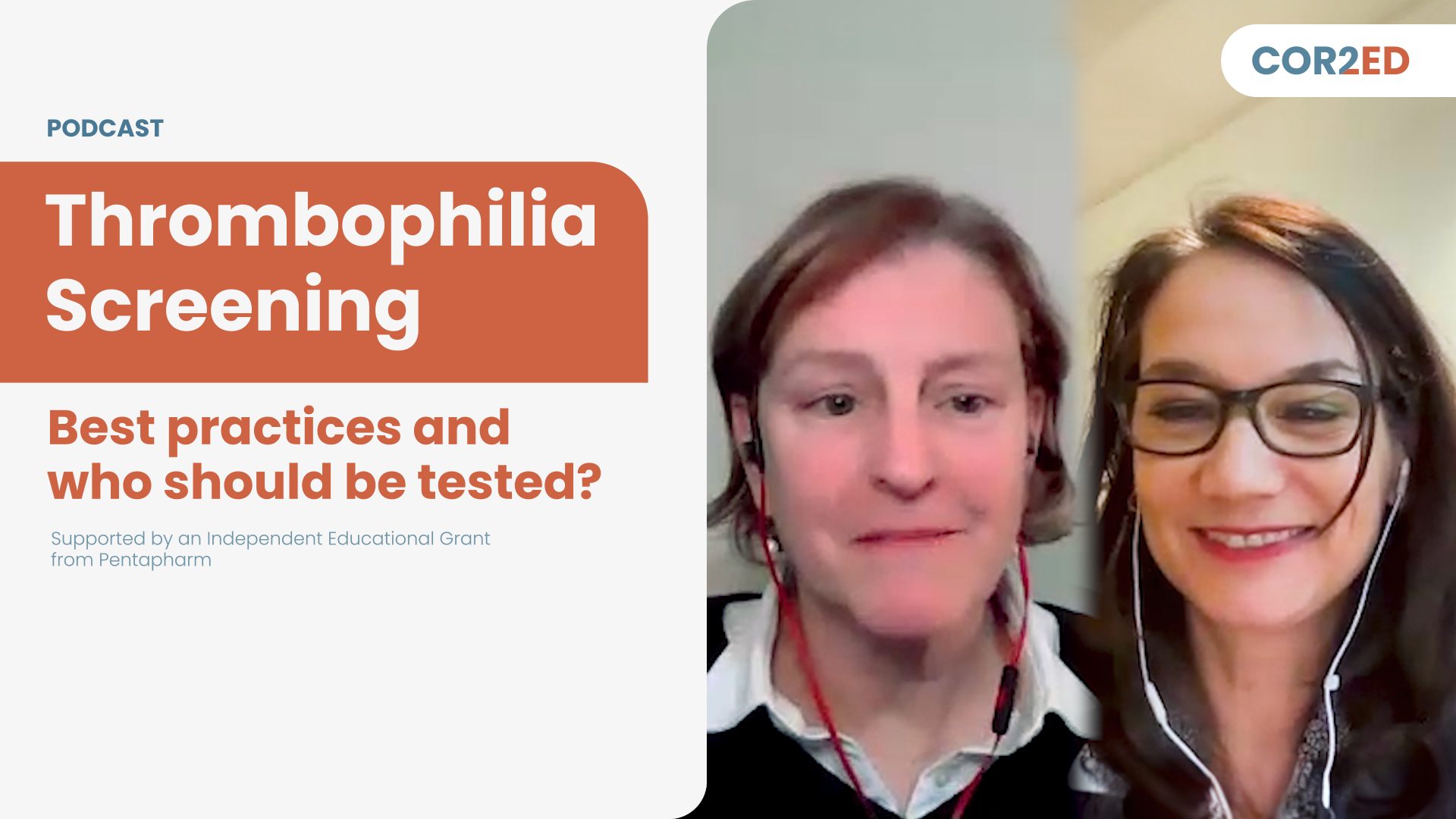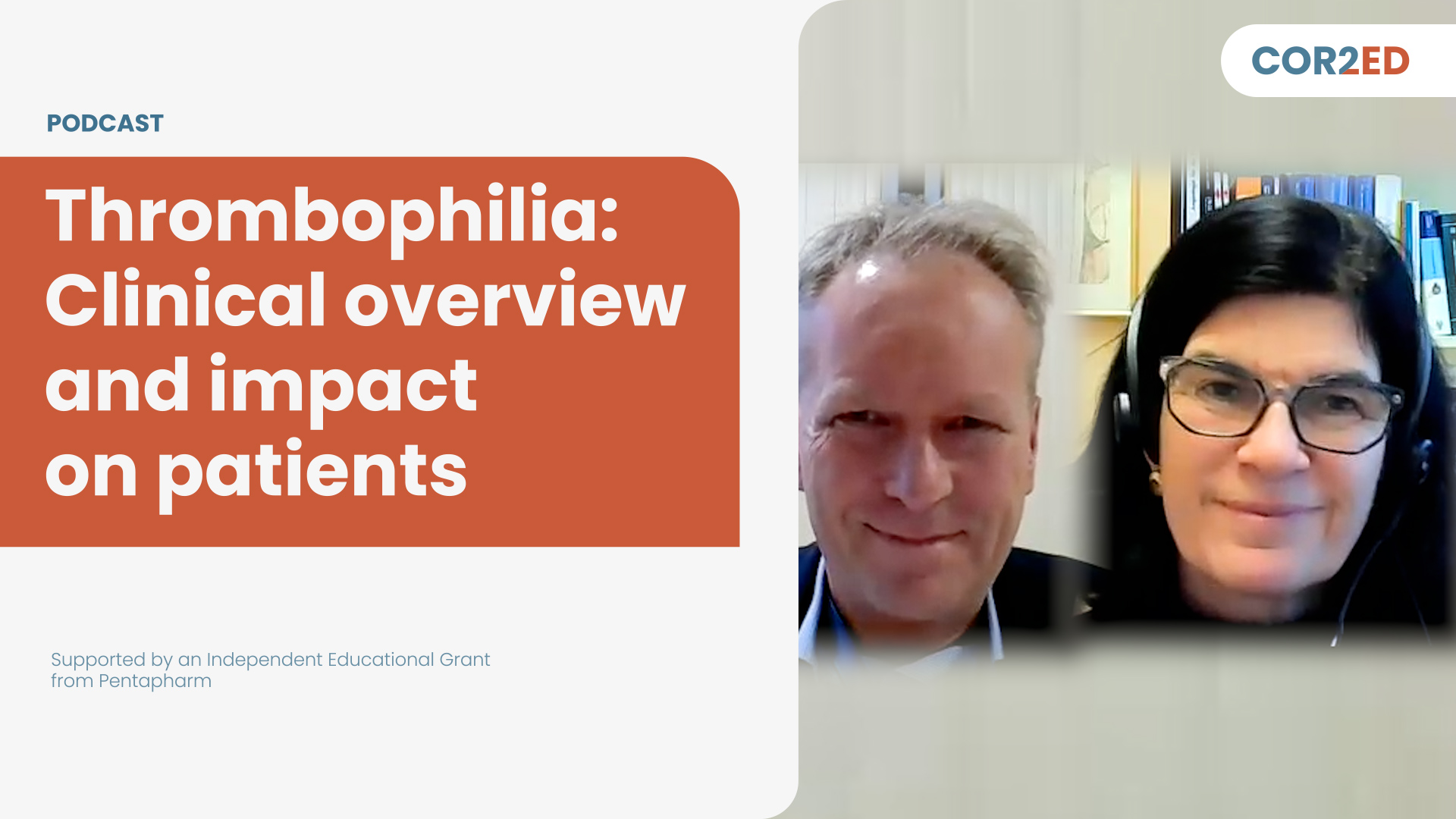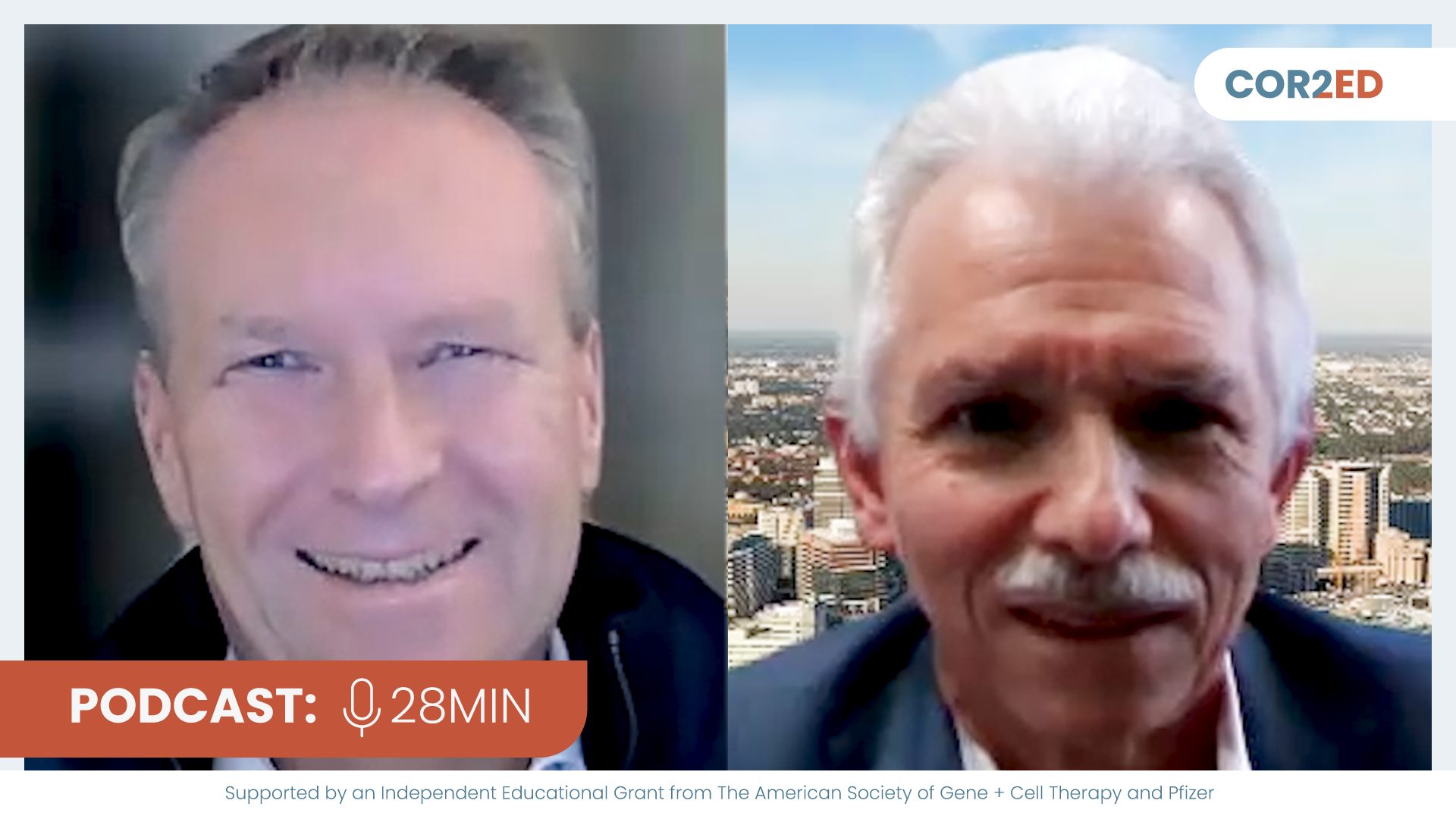In September 2023, early career hematologists from 16 countries involved in the clinical management of hemophilia gathered in Brussels, Belgium, to attend the two-day interactive educational MOVE Haemophilia 2023 meeting.
A faculty of internationally renowned experts in hemophilia care addressed a range of topics, including:
- Factor replacement vs non-factor replacement therapy
- Management of inhibitors
- Surgery
- Co-morbidities
- Joint health
- Optimising prophylaxis in children and adults
- Effective communication for patients and families
The experts have developed two downloadable pdf slide sets to summarise the presentations. Find them under the Downloads tab.
Clinical Takeaways
- Factor replacement therapy is a flexible and effective therapeutic option, both for prophylaxis and treatment of bleeds
- Non-factor therapy is an effective treatment for severe hemophilia A and severe hemophilia B patients with inhibitors and can reduce the treatment burden compared to factor replacement therapy
- The goal of hemophilia management should in the era of available non-factor therapies still be tolerance towards the deficient factor and ≥1 immune tolerance induction attempt should be considered in patients with persistent inhibitors.
- Future clinical management should be individualised to minimise treatment burden, possibly by predictive tools.
- Co-morbidities in people with hemophilia (PWH) are increasingly reported, predominantly in older PWH. Clinical practice guidance providing recommendations on antithrombotic therapy is available.
- Physiotherapy remains crucial in PWH, both in those treated with evolving therapies and in those not receiving adequate treatment.
- Laboratory testing of factor concentrates can vary between different methodologies. WFH recommends that laboratories use a FVIII/FIX assay that has been validated for use with the specific concentrates used for treatment.

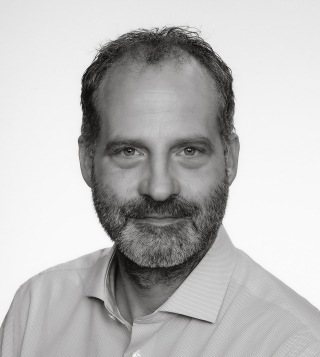




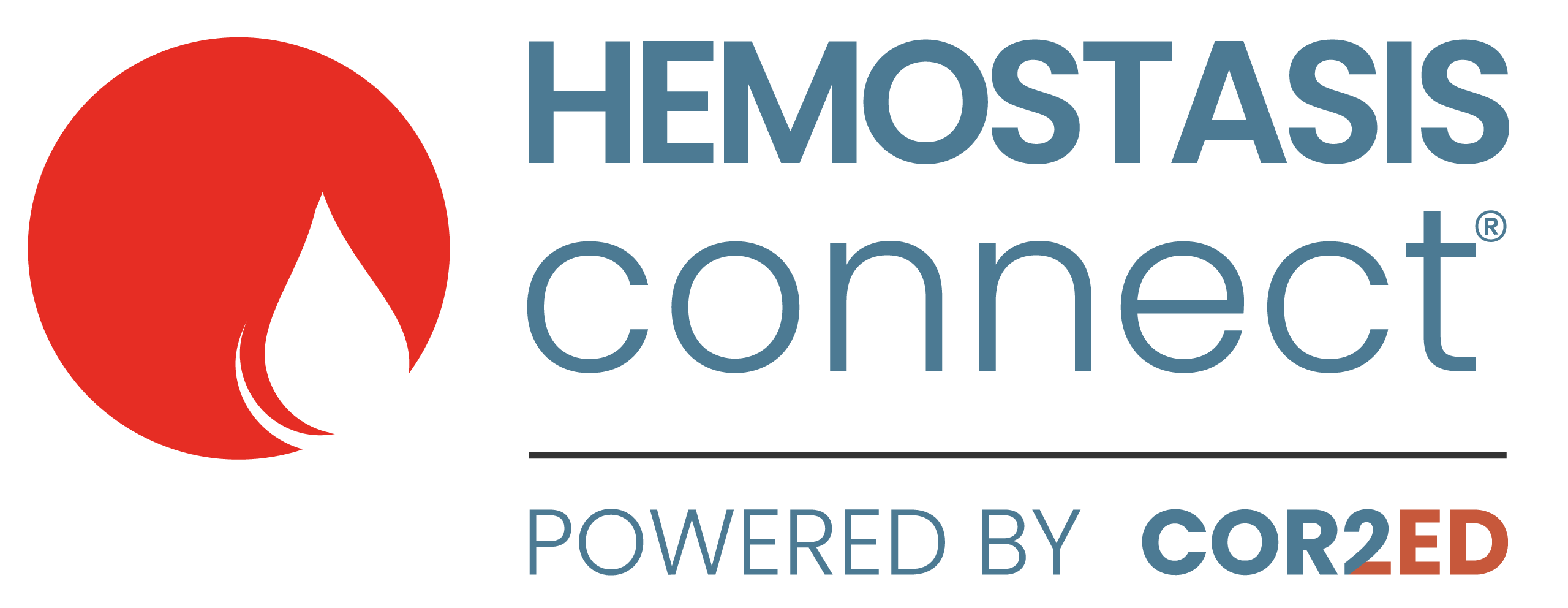

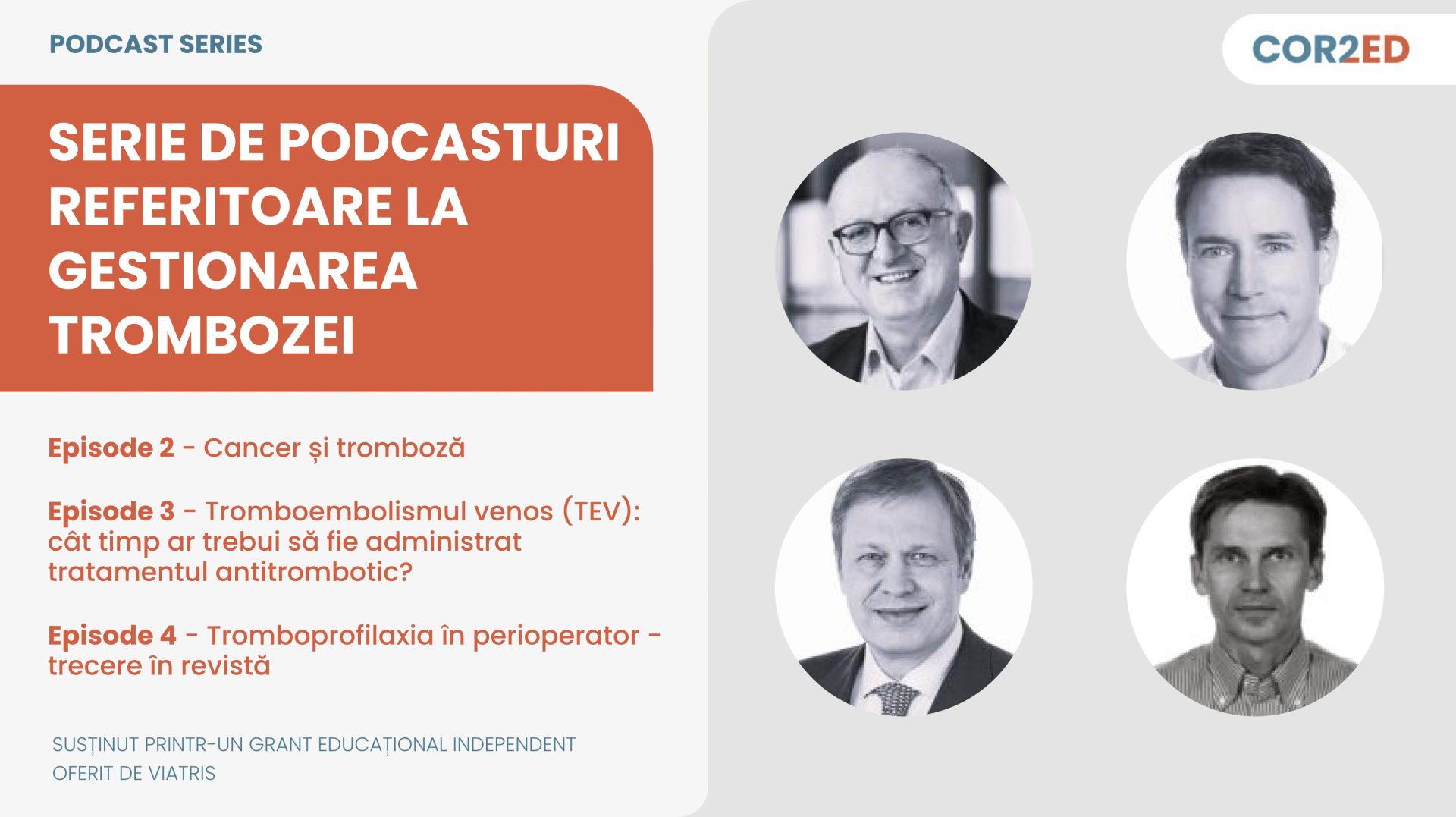
 Downloadable
Downloadable  21 MIN
21 MIN
 May 2025
May 2025 